Description
Ralph Adamo
All Fall Down
ISBN 978-1-956921-32-8 (paperback)
120 pages: $19.95
September 1, 2024 (Available for pre-order)
In his 10th collection, composed during a time of disruption and conflict, Ralph Adamo explores humanity itself by focusing our hardest questions and most troubling understandings through his own experience, memory and imagination. He also addresses or invokes a myriad of you’s to broaden this investigation. While the poems are ambitious, the words they are cast in reman plainly conversational, with occasional bursts of more exotic and lyrical language. And while the consciousness of death and its propulsive influence on our lives informs many of them, livelier intentions appear as well, in poems that search out the mysteries behind the simplest aspects of our daily experiences. The moon is here, the dog, the cats, the beloveds, the grind, the ecstasies, and the promises and dreams that extend our lives into the future. Ultimately, the poems reflect a darkness in which hope might still prevail. Adamo suggests these poems inhabit a new category, for readers who want such classifications. He writes, ‘Post-confessional poetry, which mine seems to be, isn’t about a whole life or sustained feelings or any stable series of moments. Rather it carries the shards of thought — feelings that might vanish as quickly as they appear, passing fragments of brief durations captured imperfectly in language as if somehow permanent.’
I like poems that explore complexity. And ambiguity.
Often while appearing to speak plainly.
Nothing is more than one thing.
While humbly appreciating the writers who have blurbed my other books (noting that my first five have no blurbs, had sought none), and standing by any blurbs I have written, this practice seems unavailing (for me at least), if endearing. So I will write my own, and this is it: I am happy to think anyone has picked this book up, excited that we might meet in its pages, touched at the thought of you spending this time with me.
About the work itself, I believe that the imagined selves herein could be a mirror, might even be galvanizing, maybe sometimes transcending the petty materials of the ordinary life we most of us live. The book is full of you, and you are no one, someone, everyone, me, and, of course, yourself. Many bad decisions and much exceptional luck have led me here. You?
There are so many words competing for our attention, so many images dancing in front of us, such eagerness everywhere to be seen—even to perform—in the universe of the poem and, of course, beyond it.
Poetry these days is a lava flow of the thing and the feeling. If there are ideas, they are ephemeral and if there are stories, they carry the seed of lies. Voices desire to become music.
Post-confessional poetry, which mine seems to be, isn’t about a whole life or sustained feelings or any stable series of moments. Rather it carries the shards of thought—feelings that might vanish as quickly as they appear, passing fragments of brief durations captured imperfectly in language as if somehow permanent.
With suffering in the world so acute, so pervasive, poetry might seem like a luxury. But the example of many poets throughout history, writing as though their lives depended on getting the words on the page right, gives us more cause to see it as a necessity.
—RA
Praise for Ralph Adamo’s Work
Waterblind collects thirty years of Ralph Adamo’s poems, long needed by us all, so dazzling is his voice, so singing his syntax, so original his heart that we may have forgotten what we hungered for in poetry were it not for him. I celebrate Waterblind with awe and gratitude.
–Carolyn Forche, on Waterblind: New and Selected Poems (2002)
The sound is uniquely of its city on a nearly not-named way. Attuned to its humidified breezes and the fan blade’s indispensable turning. Home is the sole locale, the nucleus, ever so… A work, a worksong, not of an illusory life, but of a life. In a body, a family, on wheels, rubber-side down, that works, miraculously.
–C.D Wright on Ever: Poems 2000-2014.
Reading Ralph Adamo’s poetry puts you in a courtly brooding world where the truth comes driving through the gloom like elegance.
–Nancy Lemann on Ever: Poems 2000-2014.
It enacts, on every page, the art of the lifting of the veil, and the honesty of the big reveal. Ralph Adamo writes with enormous heart, and he does not dodge anything…By turns he can be experimentally provocative and formally engaging, or he can be both at once….His subject, finally, seems to be perspective itself, what it feels like to be alive.
–Rodney Jones on All the Good Hiding Places, 2020.
Ralph Adamo is an extraordinary poet for whom not only is time compressed, time present past and future, but space as well. His elegiac poems therefore are not specifically about things ending, but about the possibility, maybe even the anticipation of that. Yet Adamo’s attention to the quotidian, to the details almost microscopic, clues us into the light that will illuminate the darkness, to the hope that it will erase despair. Ralph Adamo is a poet of the intensely sacred secular.
–Mark Statman on All the Good Hiding Places.
There is a Joycean quality in many of the poems in Ralph Adamo’s collection, All the Good Hiding Places, primarily in the stream-of-consciousness work evident on most pages. His voice is experimental and can be incisive, anarchic, surreal, minimalist, ethereal, and elegiac. Concepts and their reversals are sometimes found in the same poem. His poems are both bold and musical, and he accepts that and runs with it.
–Teresa Coe, from her review in Louisiana Literature
You are a poet and you write poetry—rare. Sometimes, you write beautiful poems, constant as night.
Do you know anyone who has read your poems more than a hundred times—except you? I have.
–Frank Stanford from 1976 letters sent during preparation of Sadness at the Private University (Lost Roads Publishers #3, 1977)

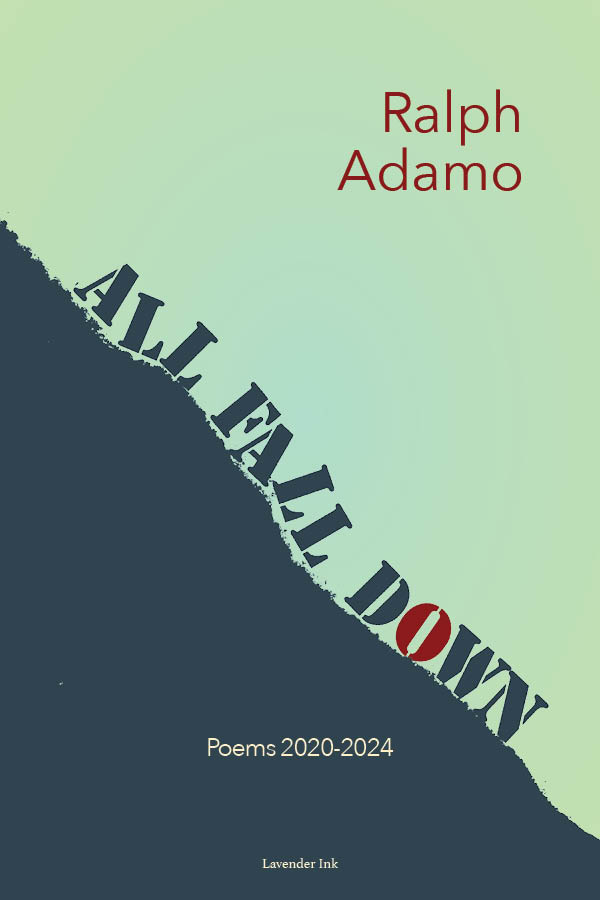
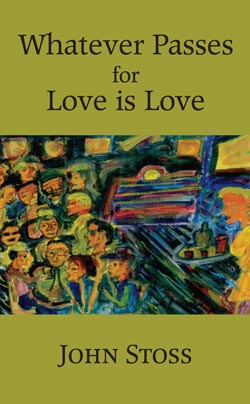
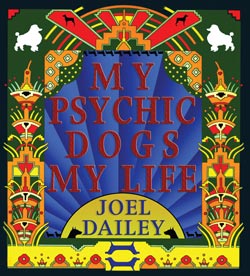
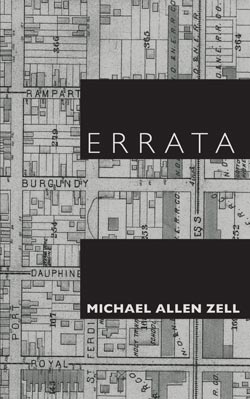
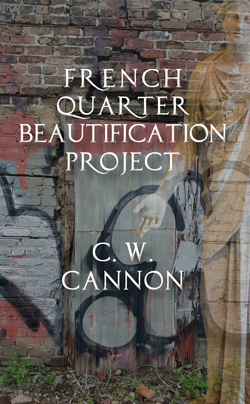

Reviews
There are no reviews yet.